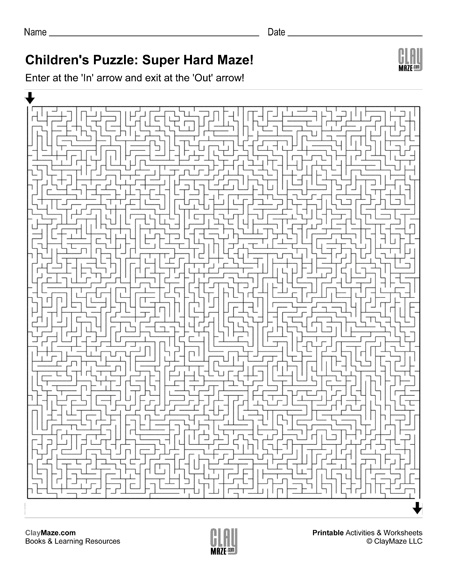Probably not but you better pack a lunch because this one might take you a while! Enjoy this super-hard maze and note, the second page of the PDF is the solution so try not to peek!
Solving mazes is a great addition to a child’s extracurricular learning activities. Aside from the obvious benefits of problem solving and fine motor control, mazes require a child to visually scan ahead while keeping their place. This type of scanning is used in both reading and writing and can benefit greatly from a little extra practice.
Download Printable PDFRelated Worksheets
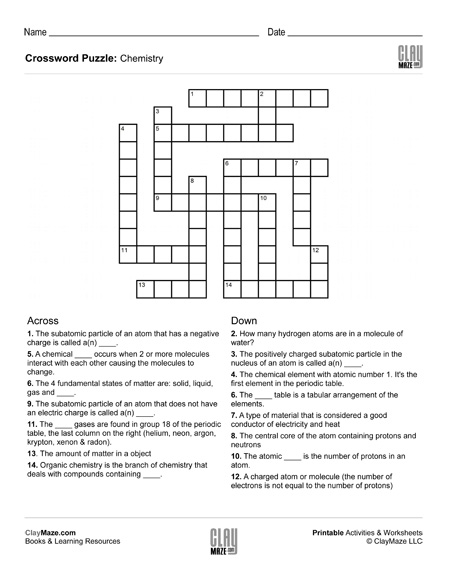
Chemistry Themed Crossword Puzzle
Test your chemistry knowledge with this crossword puzzle. Recommended for 5th grade and up. View some of our others here or check out our unique children’s puzzle book, Learning through Puzzles
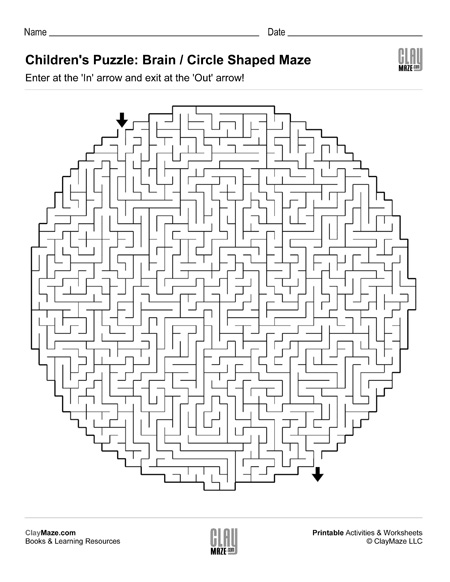
Children’s Puzzle: Brain / Circle Shaped Maze
Enjoy this brain / circle-shaped maze and remember that the second page of the PDF is the solution, so don’t peek! Holding a child’s visual attention can be a difficult thing. Their eyes and focus can drift often while learning,
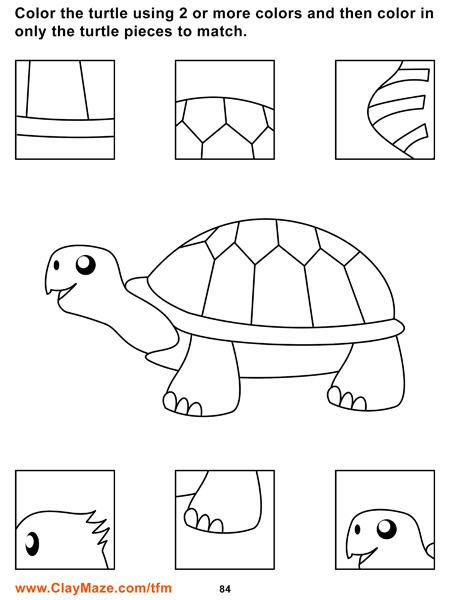
Pattern Recognition Coloring
Working with patterns not only improves a child’s foundation for problem solving in all core learning activities, but expands the tool-set they have available when confronted with a new challenge. Just as an adult might have devised day-to-day strategies for
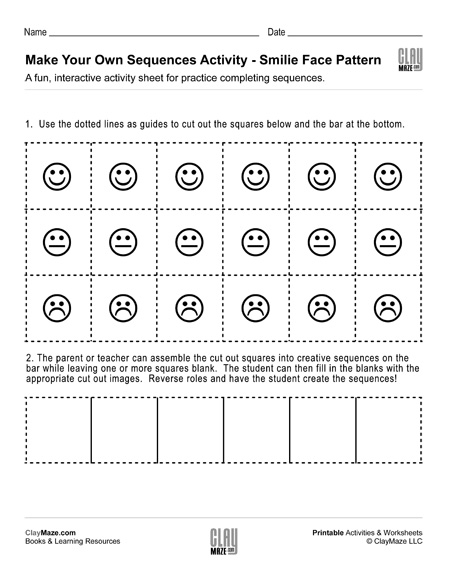
Make Your Own Sequences Activity – Smilie Face Pattern
Completing Sequences is a great way to develop pattern recognition skills in a child, but this activity adds another layer of interactivity for the student. Follow the directions on the page to have the child cut out all of the
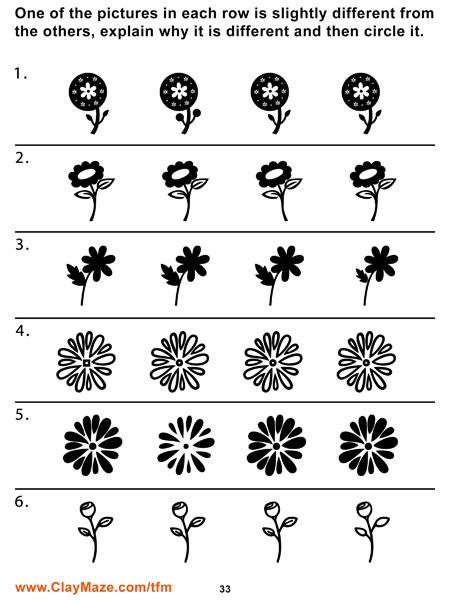
Find the Difference Printable Worksheet
An early interest in pattern recognition and problem solving is key to helping a child develop a critical love for learning, but because of the unique strengths and weaknesses of each child, some children may excel with one type of
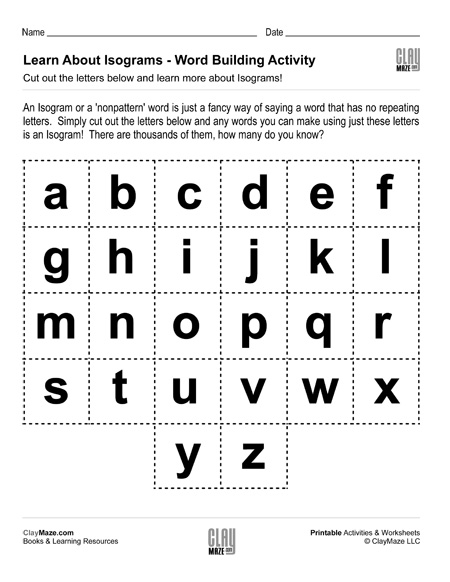
Learn About Isograms – Word Building Activity
An Isogram, otherwise known as a “nonpattern word”, is just a fancy way of referring to a word or phrase that has no repeating letters. This particular activity not only introduces the child to Isograms but includes a little general

